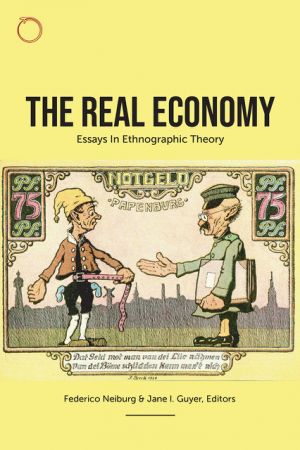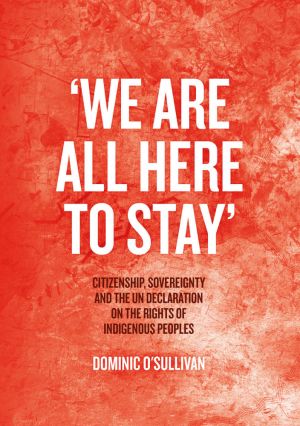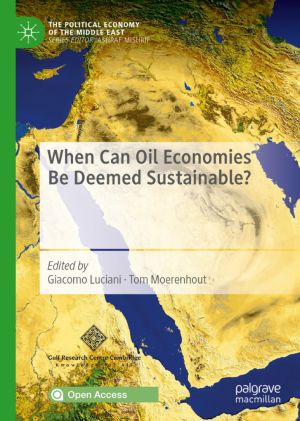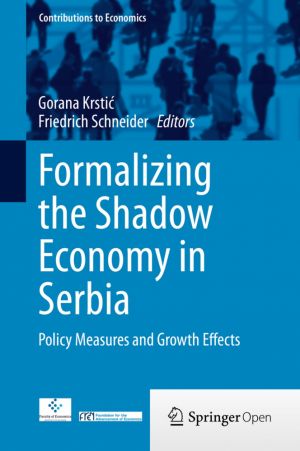Formalizing the Shadow Economy in Serbia
Policy Measures and Growth Effects
by Gorana Krstić, Friedrich Schneider
DescriptionDetailsHashtagsReport an issue 






Book Description
The main objective of this book is to develop a strategy and policy measures to enhance the formalization of the shadow economy in order to improve the competitiveness of the economy and contribute to economic growth; it explores these issues with special reference to Serbia. The size and development of the shadow economy in Serbia and other Central and Eastern European countries are estimated using two different methods (the MIMIC method and household-tax-compliance method). Micro-estimates are based on a special survey of business entities in Serbia, which for the first time allows us to explore the shadow economy from the perspective of enterprises and entrepreneurs. The authors identify the types of shadow economy at work in business entities, the determinants of shadow economy participation, and the impact of competition from the informal sector on businesses. Readers will learn both about the potential fiscal effects of reducing the shadow economy to the levels observed in more developed countries and the effects that formalization of the shadow economy can have on economic growth.This open book is licensed under a Creative Commons License (CC BY-NC). You can download Formalizing the Shadow Economy in Serbia ebook for free in PDF format (2.2 MB).
Book Details
Title
Formalizing the Shadow Economy in Serbia
Subject
Economics and Finance
Publisher
Springer
Published
2015
Pages
182
Edition
1
Language
English
ISBN13
9783319134369
ISBN10
3319134361
ISBN13 Digital
9783319134376
ISBN10 Digital
331913437X
PDF Size
2.2 MB
License

Related Books

This book examines the magnitude, causes of, and reactions to white-collar crime, based on the theories and research of those who have uncovered various forms of white-collar crime. It argues that the offenders who are convicted represent only 'the tip of the iceberg' of a much greater problem: because white-collar crime is forced to comp...

This collection highlights a key metaphor in contemporary discourse about economy and society. The contributors explore how references to reality and the real economy are linked both to the utopias of collective well-being, supported by real monies and good economies, and the dystopias of financial bubbles and busts, in which people's own live...

This textbook examines the extent to which moral values play a role as productive forces for the economy, and explores the effect of ethical and unethical Behavior on the economy. It shows how ethics improves productivity in the economy, and provides specific ethics tools for practical application for students and managers. Stemming from an overall...

This book explores how the socially disputed period of the Cold War is remembered in today's history classroom. Applying a diverse set of methodological strategies, the authors map the dividing lines in and between memory cultures across the globe, paying special attention to the impact the crisis-driven age of our present has on images of the...

In 2007, 144 UN member states voted to adopt a Declaration on the Rights of Indigenous Peoples. Australia, Canada, New Zealand and the US were the only members to vote against it. Each eventually changed its position. This book explains why and examines what the Declaration could mean for sovereignty, citizenship and democracy in liberal societies ...

This open book questions the stereotype depicting all Gulf (GCC) economies as not sustainable, and starts a critical discussion of what these economies and polities should do to guarantee themselves a relatively stable future.
Volatile international oil markets and the acceleration of the energy transition has challenged the notion that oil revenu...

